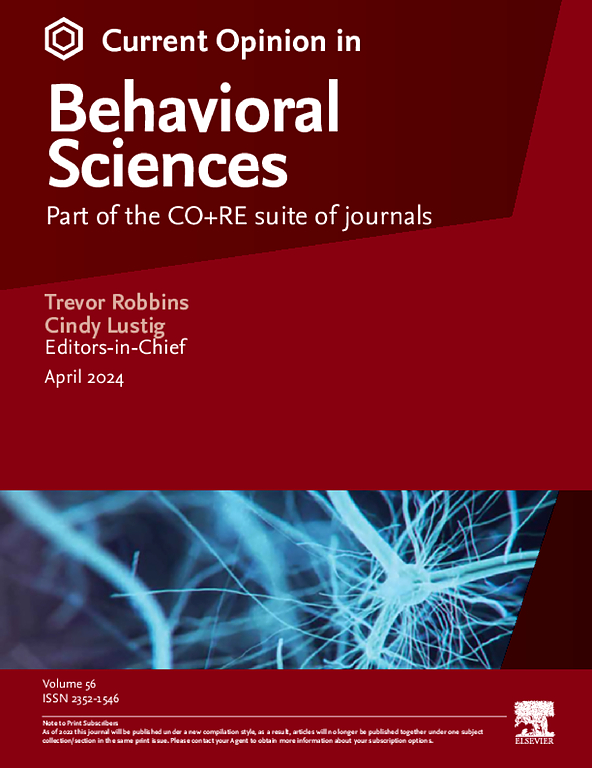数据编年史:教师指标如何塑造城市现实
IF 3.5
2区 心理学
Q1 BEHAVIORAL SCIENCES
引用次数: 0
摘要
本文批评了教育政策中对教师增值指标的依赖,考察了它们对城市住房市场和人口变化的影响。根据2012年纽约市发布的此类数据,该研究揭示了这些指标是如何通过依赖嵌入系统性偏见的标准化考试成绩,使社会经济和种族不平等永久化的。采用QuantCrit框架,该分析强调了整合种族平等观点的错失机会,并提出了向以正义为导向的定量调查的范式转变。建议包括采取文化响应措施,加强社区参与,以及重新定义学校质量以促进包容性。本文还探讨了这些指标的更广泛含义,例如它们在加剧中产阶级化和边缘化人口流离失所方面的作用。通过整合跨学科方法和强调公平,这项工作旨在重塑教育指标和政策,消除系统性障碍,促进所有学生获得公平的结果。本文章由计算机程序翻译,如有差异,请以英文原文为准。
The Data Chronicles: how teacher metrics shape urban realities
This paper critiques the reliance on teacher value-added metrics in educational policy, examining their impact on urban housing markets and demographic shifts. Drawing from the 2012 release of such data in New York City, the study reveals how these metrics perpetuate socioeconomic and racial inequities by relying on standardized test scores that embed systemic biases. Employing a QuantCrit framework, the analysis highlights missed opportunities to integrate racial equity perspectives and proposes a paradigm shift toward justice-oriented quantitative inquiry. Recommendations include adopting culturally responsive measures, enhancing community participation, and reimagining definitions of school quality to foster inclusivity. The paper also explores the broader implications of these metrics, such as their role in exacerbating gentrification and displacing marginalized populations. By integrating interdisciplinary methods and emphasizing equity, this work aims to reshape educational metrics and policies to dismantle systemic barriers and promote equitable outcomes for all students.
求助全文
通过发布文献求助,成功后即可免费获取论文全文。
去求助
来源期刊

Current Opinion in Behavioral Sciences
Neuroscience-Cognitive Neuroscience
CiteScore
10.90
自引率
2.00%
发文量
135
期刊介绍:
Current Opinion in Behavioral Sciences is a systematic, integrative review journal that provides a unique and educational platform for updates on the expanding volume of information published in the field of behavioral sciences.
 求助内容:
求助内容: 应助结果提醒方式:
应助结果提醒方式:


